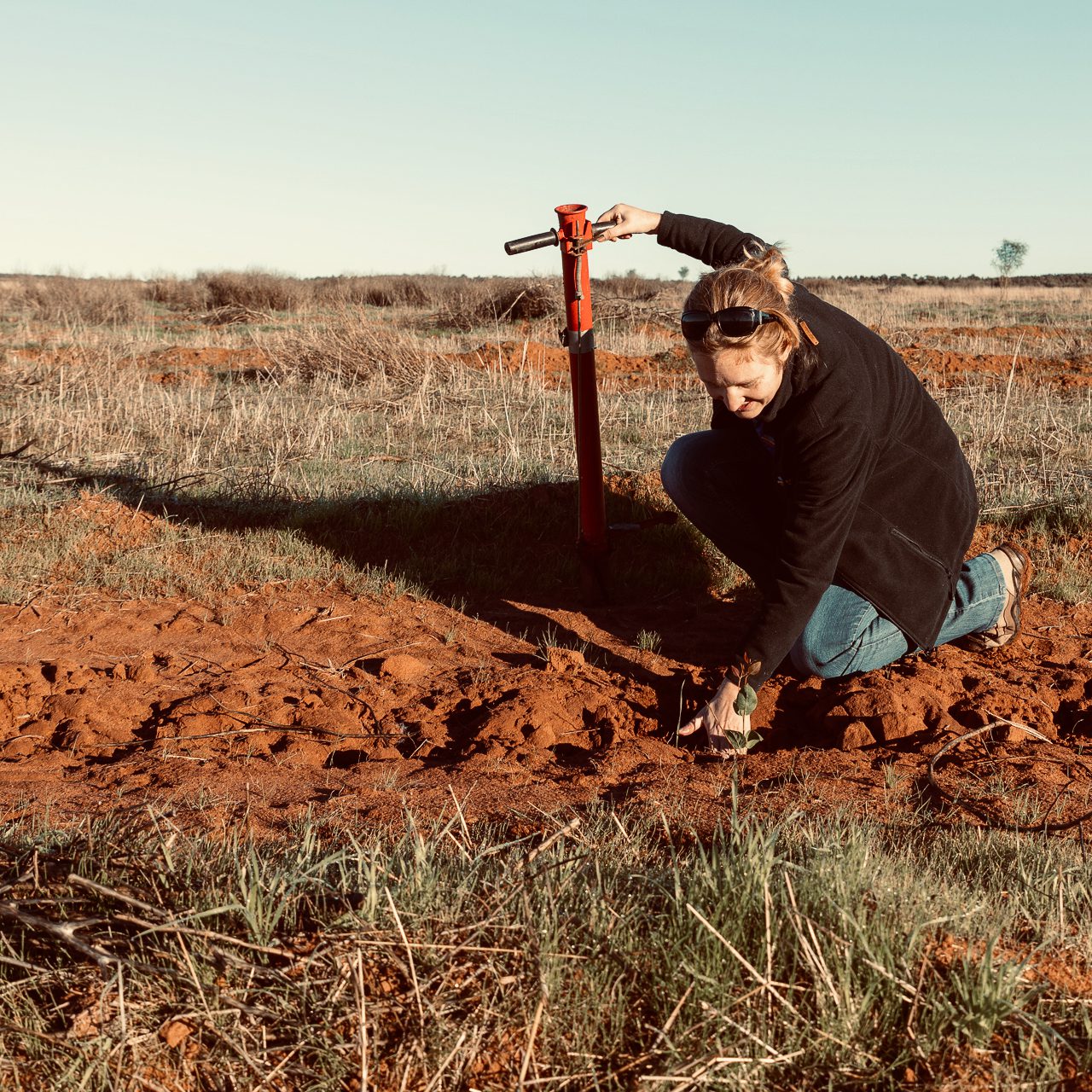CarbonCare™
Understanding Carbon Farming
CarbonCare™ seeks to boost community understanding of carbon farming, with particular regard to biodiverse native planting. CarbonCare is a Carbon Positive Australia project supported by Lotterywest.
The learning and benefits from this project have been shared with stakeholders and their inputs sought. This will enable the project to support greater social innovation, promoting new ways of solving long-term environmental challenges.
Australia has vast potential for carbon farming, part of which is the revegetation and reforestation of degraded or unproductive farmland to sequester carbon. To increase participation, the aim of the project is to:
- Profile farmers and landholders who have undertaken carbon farming
- Identify the levers required to increase uptake by broadacre farmers and landholders thoughout Western Australia but particularly in the Wheatbelt
- Explore the motives for carbon neutrality by buyers of carbon credits, particularly organisations and businesses
- Quantify the environmental and socioeconomic impacts and values
- Provide educational resources for landholders and the broader community on the benefits of carbon farming

CarbonCare Voices
CarbonCare™ Voices aims to build on the previous investment in research on the adoption of a range of landcare practices across the agricultural landscape. More specifically, the barriers and drivers relating to carbon farming. The study is relevant and timely to the carbon farming industry, providing a snapshot of the current state of the Western Australian carbon market and its development through the lens of market participants.
CarbonCare Co-Benefits
CarbonCare™ Co-benefits assessment and valuation study was undertaken by Point Advisory using data from Hill View, a carbon restoration site planted in 2008. In addition to carbon, the project generates other co-benefits, including environmental (biodiversity, water, soil), economic (local employment), and social (indigenous cultural heritage) benefits. Learn more about the key findings of the study by clicking the button below.




